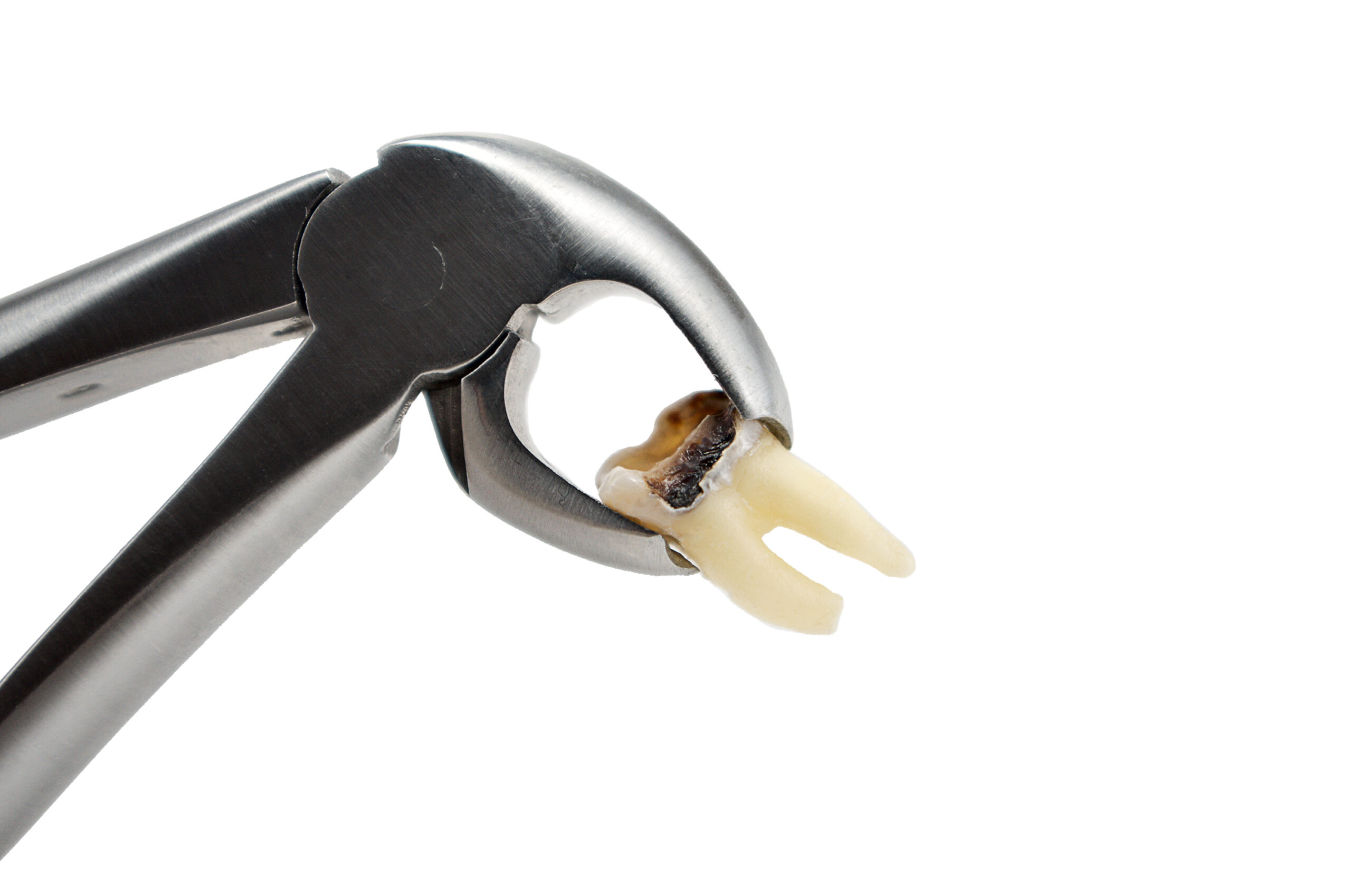EXTRACTIONS
Wisdom tooth removal, Surgical extractions.
Extractions
Post Extraction Instructions
• Do not disturb the area: For the next few days, and especially the first 24 hours, it is very important to allow your mouth to form a blood clot. Avoid any swishing, sucking strongly through a straw and smoking as this can disturb the clot.
• Bleeding: If bleeding continues once you have left the clinic, place another gauze pack over the wound and bite down hard for a further 20 minutes. Small amounts of blood in the saliva is normal.
• Smoking and Alcohol: Do not smoke or consum alcohol for minimum 3 days. Smoking early may prevents optimal healing and results in a painful condition called dry socket .
• Pain: Some pain may be experienced, take prescribed pain relief to control persistent pain. If pain persists beyond 3-4 days and does not ease please contact us immediately.
• Swelling: Applying an ice pack to your face intermittently to reduce swelling.
• Numbness: You may be numb for several hours after extraction so be careful not to bite, chew or you may burn your lips, tongue and cheeks during this time.
• Brushing: Please continue to clean your teeth as usual but be gentle around extraction site.
• Chlorhexidine mouthwash or Warm Salt water rinses: Start gentle mouth rinses from the day after the procedure and to keep area clean .
• Activity: Rest and avoid any strenuous activities for the remainder of the day.
• Antibiotics: Please take the antibiotics and pain killers as directed. If you experience pain, swelling or bleeding please contact us and we will schedule a follow up appointment.
Possible risks and complications
Dental extractions are generally safe procedures, but like any surgical intervention, they carry certain risks and potential complications. One common risk is infection, which can occur if bacteria enter the extraction site during or after the procedure. Proper sterilization techniques and post-operative care can help minimize this risk, but occasionally, antibiotics may be necessary to prevent an infection.
Another possible complication is damage to surrounding teeth, gums, or oral structures during the extraction process. This can occur if the tooth is deeply impacted or if there are anatomical variations that make extraction more challenging.
Additionally, excessive bleeding is a potential complication of dental extractions, particularly for patients who have underlying bleeding disorders or who are taking blood-thinning medications. This is managed by taking additional precautions after extraction such as using hemostatic agents to control bleeding , placing stitches and temporarily stopping the medication in consultation with your GP.
Furthermore, nerve damage is another possible risk associated with dental extractions, especially for impacted wisdom teeth located near nerves in the jaw. Temporary numbness or tingling in the lips, tongue may occur but permanent nerve damage is rare. All precautions are taken to avoid nerve injury during extractions, such as carefully assessing the tooth’s position and using gentle techniques to minimize trauma to nearby nerves.
Overall, while dental extractions are generally safe procedures, it’s important for patients to be aware of the potential risks and complications Our nurses will reach out to check on your healing and schedule a follow-up appointments to identify and address any potential complications early on. We’re here to support you every step of the way on your journey to better oral health.
Frequently Asked Questions
What type of extraction will be performed (simple or surgical)?
The dentist will assess your specific situation, including factors such as the location and condition of the tooth, to determine the most appropriate extraction method. They will also take into account your medical history, any pre-existing dental conditions, and your preferences regarding anesthesia and sedation. By carefully evaluating these factors, the dentist ensures a safe and successful extraction procedure tailored to your individual needs.
What anesthesia or sedation options are available?
All dental extractions are done under local anesthesia, where the area around the tooth is numbed to ensure you are comfortable during the procedure. We understand that dental anxiety is common, so we prioritize your comfort by ensuring that the administration of anesthesia is virtually painless and by performing the extraction using gentle techniques. In cases of extreme anxiety or special requests, we also offer sedation options to help you relax during the procedure.
What should I expect during the recovery process?
During the recovery process after a tooth extraction, you can expect some degree of discomfort, swelling, and mild bleeding at the extraction site, which is normal and usually subsides within a few days. You will be prescribed pain medication or over-the-counter pain relievers to manage any discomfort. It’s essential to follow your post-operative instructions, including maintaining good oral hygiene, eating soft foods, and avoiding strenuous activities, to promote optimal healing and minimize the risk of complications. If you experience persistent pain, excessive bleeding, or any other concerns during the recovery period, don’t hesitate to contact us for further guidance and support.
Will I need someone to drive me home after the procedure?
For procedures performed under local anesthesia, you should be able to drive yourself safely. However, if sedation is used during the procedure, it’s essential to have a responsible adult accompany you and drive you home afterward. Sedation can impair your ability to drive and make decisions for a period of time after the procedure.

